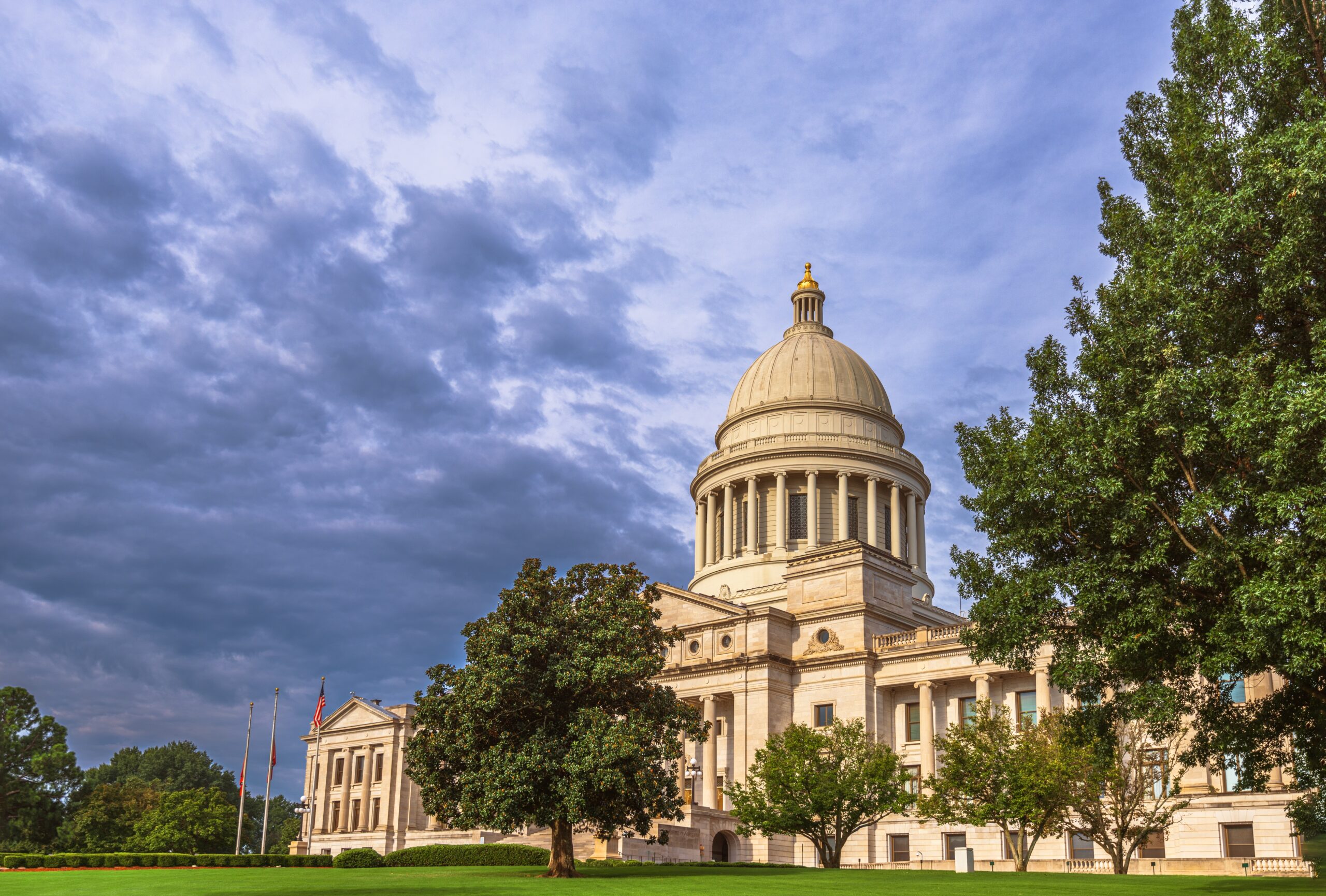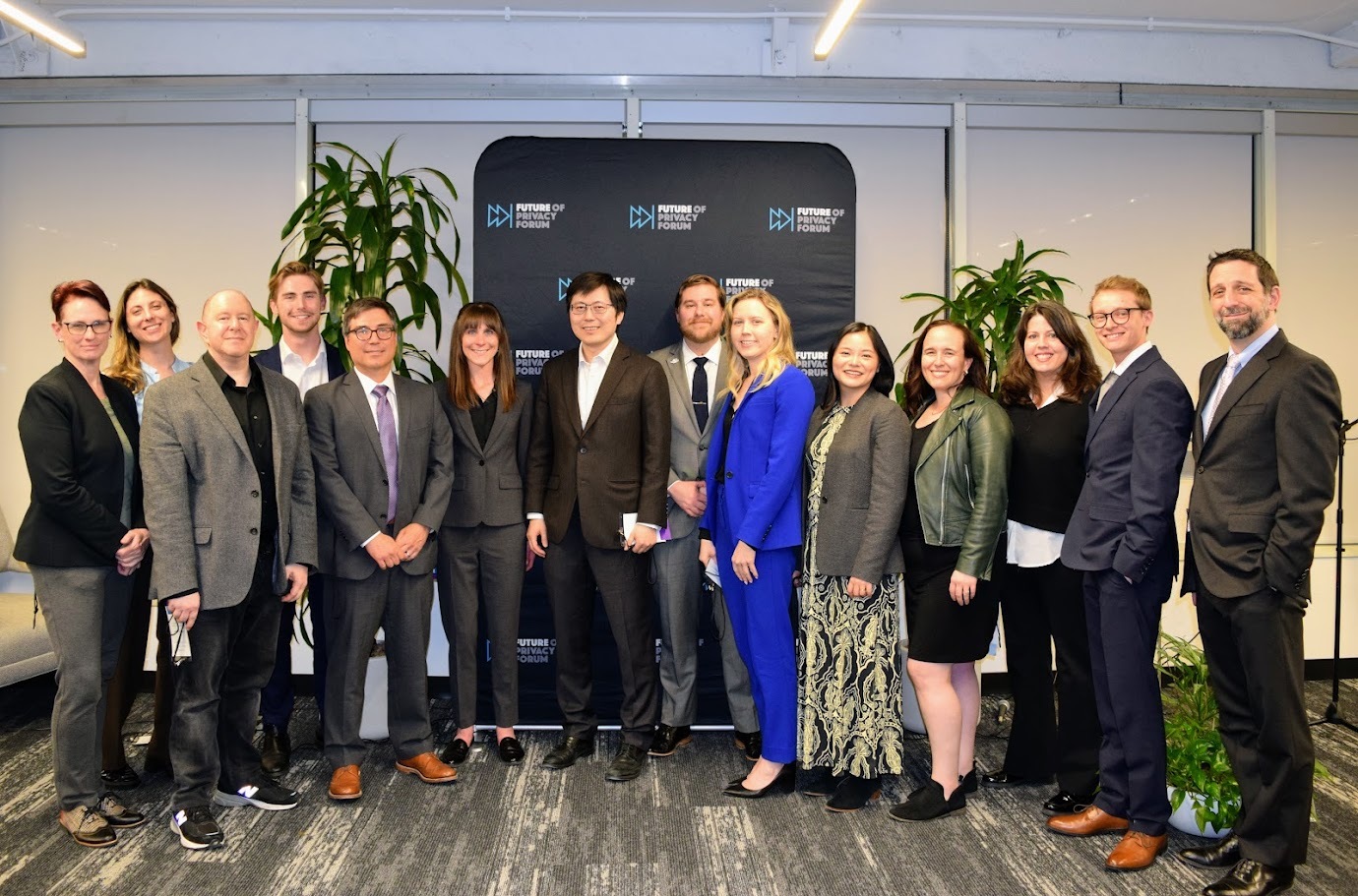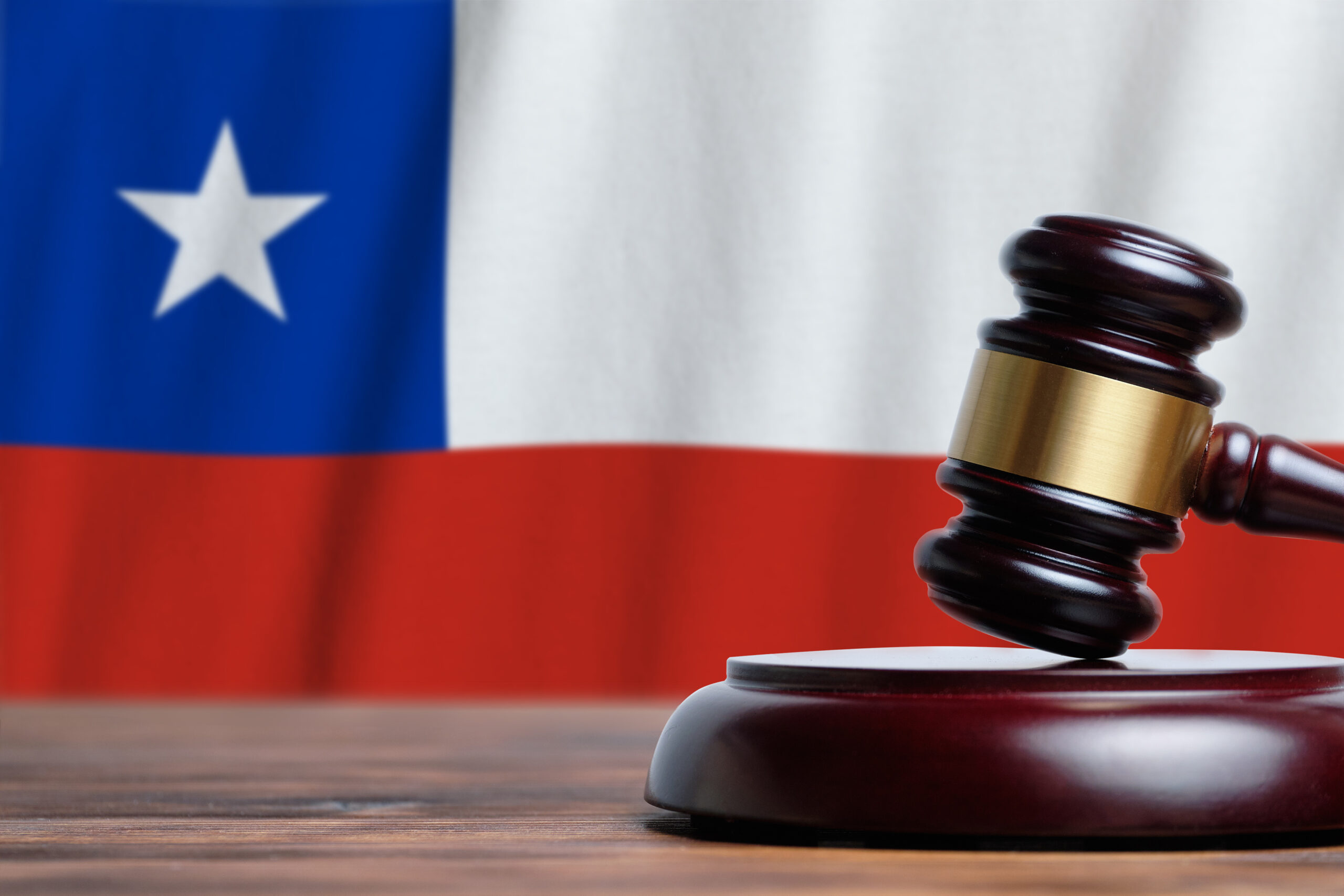Showing results for fire2020 xped free promo codes portugal

“Personality vs. Personalization” in AI Systems: Specific Uses and Concrete Risks (Part 2)
[…] personality-like features, whether it is a specific voice mode, or a consistent persona, or even a range of “AI companions.” Even if companion-like personalities are not directly promoted as features, users can build them using system prompts and customized design; an early 2023 feature of OpenAI enabled users to create custom GPTs. Figure 3 […]

“Personality vs. Personalization” in AI Systems: An Introduction (Part 1)
Conversational AI technologies are hyper-personalizing. Across sectors, companies are focused on offering personalized experiences that are tailored to users’ preferences, behaviors, and virtual and physical environments. These range from general purpose LLMs, to the rapidly growing market for LLM-powered AI companions, educational aides, and corporate assistants. There are clear trends among this overall focus: towards […]

AI Regulation in Latin America: Overview and Emerging Trends in Key Proposals
[…] of their risk classification. For AI systems in general, Brazil’s proposal includes: The right to prior information about an interaction with an AI system, in an accessible, free of charge, and understandable format. The right to privacy and the protection of personal data, following the Lei Geral de Proteção de Dados Pessoais (LGPD) and […]

Brazil’s ANPD Preliminary Study on Generative AI highlights the dual nature of data protection law: balancing rights with technological innovation
[…] Article 1 of the LGPD identifies the objective of the law as ensuring the processing of personal data protects the fundamental rights of freedom, privacy, and the free development of personality.3 At the same time, Article 2 of the LGPD recognizes data protection is “grounded” on economic and technological development and innovation. The study […]

Vermont and Nebraska: Diverging Experiments in State Age-Appropriate Design Codes
In May 2025, Nebraska and Vermont passed Age-Appropriate Design Code Acts (AADCs), continuing the bipartisan trend of states advancing protections for youth online. While these new bills arrived within the same week and share both a common name and general purpose, their scope, applicability, and substance take two very different approaches to a common goal: […]

Amendments to the Montana Consumer Data Privacy Act Bring Big Changes to Big Sky Country
On May 8, Montana Governor Gianforte signed SB 297, amending the Montana Consumer Data Privacy Act (MCDPA). This amendment was sponsored by Senator Zolnikov, who also championed the underlying law’s enactment in 2023. Much has changed in the state privacy law landscape since the MCDPA was first enacted, and SB 297 incorporates elements of further […]

The Curse of Dimensionality: De-identification Challenges in the Sharing of Highly Dimensional Datasets
[…] high utility loss for QIs) Masking Obscure parts of data values (e.g., XXXX) Obscure direct identifiers Simple; Preserves format Limited privacy protection; Can reduce utility; Hard for free text Low (Insufficient for QIs in queries) Generalization Replace specific values with broader categories Reduce identifiability via QIs Basis for k-anonymity Significant utility loss, especially in […]

Little Rock, Minor Rights: Arkansas Leads with COPPA 2.0-Inspired Law
[…] The passage of Arkansas COPPA 2.0 may signal an emerging trend towards a potentially more constitutionally resilient approach to protecting children and teens online. Unlike age-appropriate design codes or social media age verification mandates, which have faced significant First Amendment challenges, Arkansas COPPA 2.0 takes a more targeted approach focused on privacy and data […]

FPF Privacy Papers for Policymakers: A Celebration of Impactful Privacy Research and Scholarship
[…] while scraping has long existed in a legal gray area, the rise of AI has heightened privacy concerns. He challenged the perception that publicly available data is free for unrestricted use, noting that privacy laws are evolving to address these issues. The discussion explored potential regulatory solutions, emphasizing the importance of distinguishing between beneficial […]

Chile’s New Data Protection Law: Context, Overview, and Key Takeaways
[…] maintains consent as the general basis for the processing of personal data – similar to how it was regulated by the former LPVP. Consent must be “ free, informed and specific as to its purpose” and given “in advance and unequivocally” by means of a verbal or written statement, or expressed through electronic means […]
